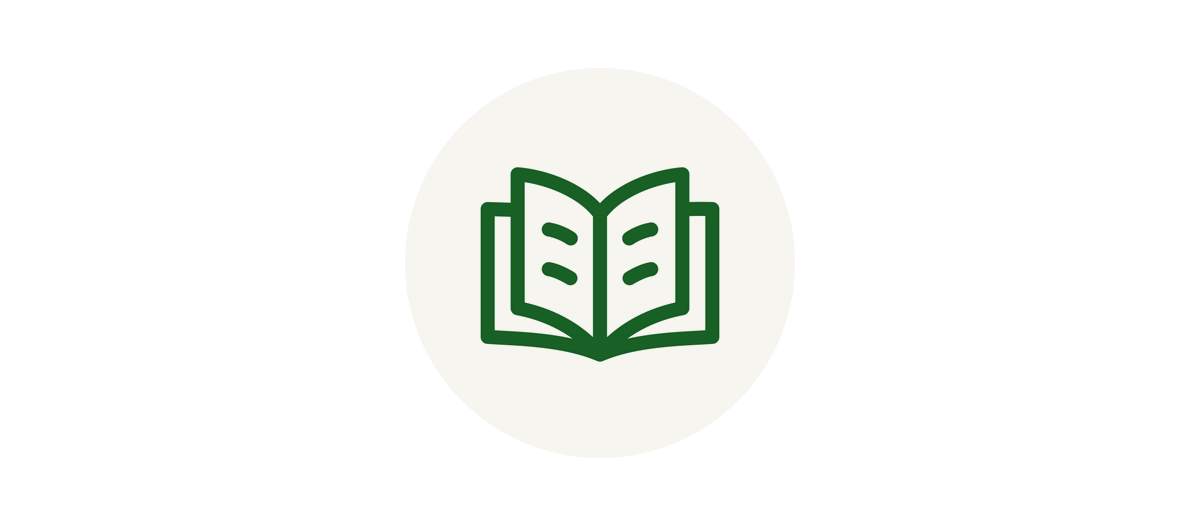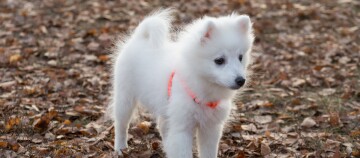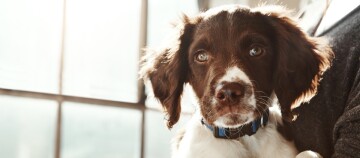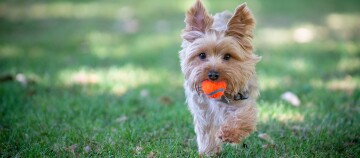Puppy Training - Train Your Pup the Puppy-Friendly Way, One Step at a Time
03.01.2023 - Reading time: 5 minutes
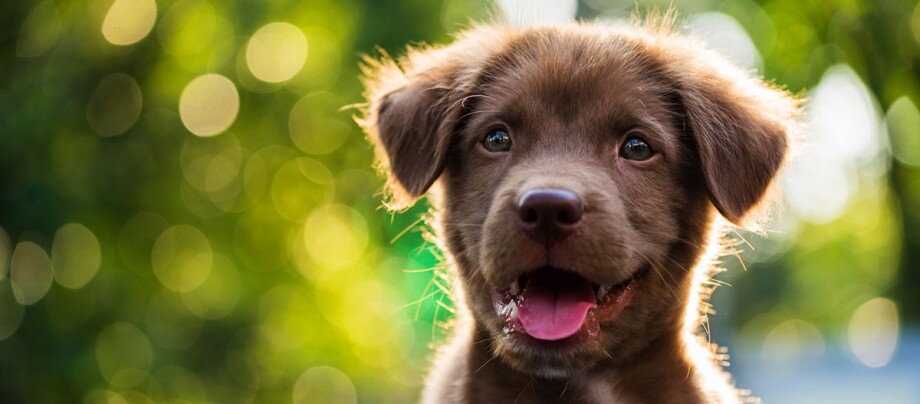
You are welcoming a young puppy into your home – so what happens now? The little rascal is full of energy, inquisitive and wants to be entertained, but it is still clumsy and disorientated. It isn’t house-trained and may not yet know its own name. Don’t worry and take a systematic approach. Read here how you can train your dog the puppy-friendly way, one step at a time.
A new, furry addition to the family – now what?
When a puppy arrives in its new home, it has to get used to its new surroundings and unfamiliar stimuli, which is why many new pet owners prefer to let their little one settle in before they start puppy training. However, it is actually best to start puppy training from day one, as this is when young dogs are at their most receptive.
For their first 8 weeks of life, puppies go through what is known as the imprinting phase. During this time, they process a lot of new stimuli and what happens during this period lays the foundation for how the puppy perceives the world and how well it will respond to its surroundings later in life. This is why it is important to choose a trustworthy breeder who treats puppies accordingly.
The imprinting phase gives way to the socialisation phase which lasts until about 20 weeks of life. During this phase, your pup will be living with you and have to learn the rules of the house, how to deal with you, the family, strangers and other dogs. Once again, start early for best results.
Training every day – puppies have a lot to learn
What is on the curriculum at dog school? As newcomers to this world, puppies have a lot to learn.
Puppy training includes, but is not limited to:
- teaching your dog its name,
- potty training,
- teaching important commands, and
- teaching it to spend time on its own.
Give yourself a few weeks to start with the last item, as your puppy needs to build trust in you.
Start with the other exercises at the same time, but keep the training sessions short; five to ten minutes is quite enough for a dog that is just a few weeks old. Read the Maxi Zoo guide “Leaving your puppy alone”.
Teaching a puppy its name
The first thing puppies learn is their name, and they should associate it with “My human is talking to me! I should look at them now, because something important is going to happen!”
It’s important to choose a quiet and distraction-free setting for name training. Also make sure that your puppy hasn’t just been fed and isn’t sleepy. Choose a time when your puppy’s attention isn’t focused on you, but it also isn’t engrossed in another activity. Say its name loud and clear. As soon as it looks at you, give it a reward. The reward doesn’t have to be a treat, puppies also respond well to petting and toys. Repeat this exercise several times a day. If you are training two puppies, train them separately.
House-breaking a puppy
Potty training is one of the first things to teach your new puppy. Older pups may already be house-trained by the time they move in with their new owners, but they have poor bladder control and need to familiarise themselves with their new home and surroundings. Start training them from day one.
Important: keep calm and show patience. Do not punish or yell at your dog, as this has the opposite of the desired effect.
Puppies need to relieve themselves roughly every two hours, so it’s better to bring them out little and often. Since dogs don’t like to foul the place where they sleep or feed, most of them learn quite quickly to do their business outside, and when they do, you should immediately shower them with praise. If your puppy has the odd “accident” in the house, pick it up and take it outside, but don’t punish it: at most, you should reprimand it with “Off!”.
Tip: take your puppy out again shortly before bedtime. If necessary, special training pads can help.
Teaching a puppy the most important commands
What are the most important commands?
- “Off” to make them stop whatever they’re doing;
- “Sit!” to make them sit down;
- “Stay!” to make them stay put and wait,
- and “Come!” for recall.
For example, start with the basic command “Off!” or “Leave it!”.. You can also use “No!”, but since this is a word we use a lot in everyday life, it may lose its meaning for your dog.
An example: you want your puppy to stop doing something, such as chewing on an item, and move on to another activity. Speak the command in a low voice and make a threatening face. You will notice that dogs are much more sensitive to body language than words. As soon as your puppy stops chewing, perhaps out of surprise at first, make a friendly face and praise it immediately. You can also offer it a puppy-friendly chew bone.
For the other commands, praise your dog as soon as it responds with the appropriate behaviour. If your pup happens to be waddling towards you, immediately speak the command “Come!” and give out praise. If it sits down in front of you, immediately say “Sit!” and reward it with a small, non-fattening treat.
